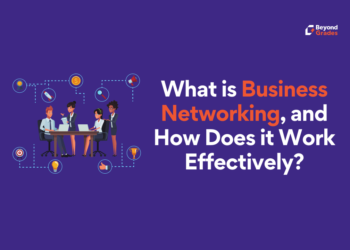[ad_1]
Graduation is no simple achievement. You have completed the entire coursework and are equipped with specific skills. The period after graduation is a crossroads, and you will have to take the appropriate deviation. This deviation need not be in concordance with what you have studied so far. You still got the chance to change directions. However, this will have consequent struggles as well.
There are a lot of areas where you could explore after your graduation. Choosing the most suitable among them is where the key to success resides.
Let’s see some of the key areas you could go for after you graduate. So you can figure out what to do after graduation.
1. Go for a job.

Irrespective of your field of graduation, a graduate will have many job openings available for him. Explore the type of jobs you can have with your eligibility. Also, do thorough research to understand if they suit your inclinations and temperaments. Since you will have to build your career, ruminate maximum and arrive at a proper decision.
2. A gap year.
Everyone has a different clock. If you are not in a vibe to choose the next step, take a gap year. However, this shouldn’t be done unscrupulously. Your economic status and necessities, your other priorities should all be brought into mind before making such a decision. If you are able to afford a gap year and you feel like having it, then it is ok to choose it. Meanwhile, don’t waste your precious time. Brush up your skill, travel, read, do short term part-time courses and enrich yourself.
3. Entrepreneurship.
People need not always have a job to make income. Entrepreneurship is worth starting since it would help you to develop your firm. If you have the time and capital to invest matching it with your attitude, the reward it could get you will be more than that an ordinary job can give you. But here to necessary deliberations must be made beforehand since the venture involves a considerable investment.
4. Preparing for competitive exams.

Most of the jobs in the government sector are selecting candidates through competitive examination, whether at the state level or the national level. There are exams which you could attend even with a +2 or 10 th. But most of the high profile career opportunities have degrees as the basic qualification. Agencies like UPSC and State Public Service Commissions do conduct these examinations. Cracking of which necessitates high-level preparation and perseverance since the field is competitive. Competitive examinations are there in the banking field also.
5. Internships.
They are not jobs as such. They will help you have valuable experience in the concerned field. This experience will help you to launch yourself into a great career. While choosing them, try to select relevant internship opportunities offered by reputed organisations.
6. Preparing for entrance examinations.
Other than competitive examinations, there are a number of entrance examinations also facilitating your admissions in institutions and higher education courses of repute. This includes UGC NET, CAT, GATE etc. NET makes you eligible to work as a teacher in higher education. CAT is an important MBA entrance. IIT conducts GATE. The post-graduation and diploma courses offered by important institutions also require you to appear in entrance examinations. There are different law entrances also for pursuing LLB.
7. Freelancing.

If you are inclined to work free from institutional confines, then freelancing is a better choice. Freelancing could be done in different areas like journalism, content writing etc. The flexibility it offers will be of high priority for some.
8. Higher studies.
Having completed graduation consequently makes you eligible for pursuing post-graduation. You need not do it in the same field where you have completed your graduation. The job portfolios available for you after your post-graduation will be of higher prospects than those after graduation. Also, if you are lenient, it is possible to go for research and further higher studies.
These are some of the general paths that people could resort to after their graduation. There are certain things that need to be taken into consideration before making decisions. This includes your economic status and requirements, interests and inclinations, area of expertise, career plans, etc. All these things should be pondered more than enough before arriving at final decisions.
Also Read:
[ad_2]
Source link









